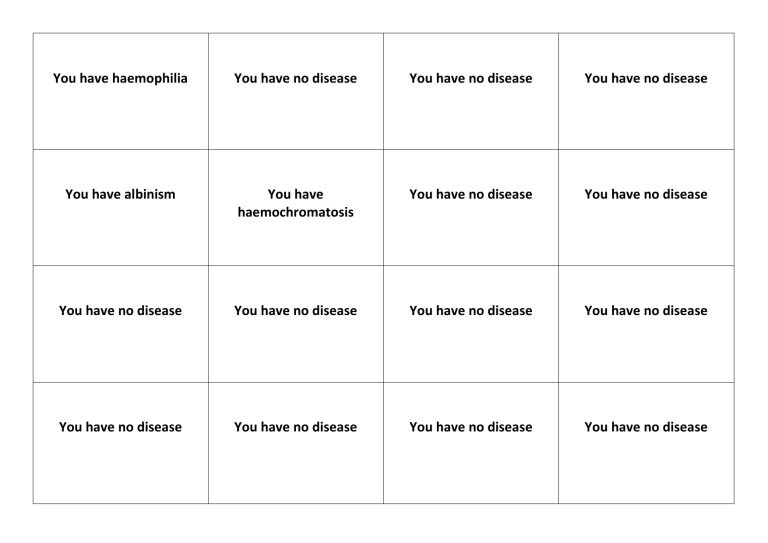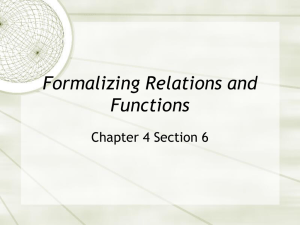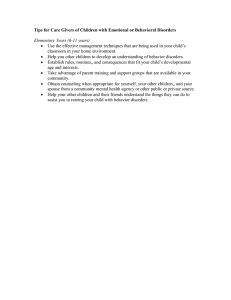
You have haemophilia You have no disease You have no disease You have no disease You have albinism You have haemochromatosis You have no disease You have no disease You have no disease You have no disease You have no disease You have no disease You have no disease You have no disease You have no disease You have no disease You have no disease You have no disease You have no disease You have no disease You have no disease You have no disease You have no disease You have no disease You have no disease You have no disease You have no disease You have no disease You have no disease You have no disease You have no disease You have no disease Game instructions - Each student will be given a card. If you have less than 20 students take out 1 of the disease cards. - Students are not to show their card to another student - Once all students have a card, they will choose someone in the class to pair up with - When all students are paired up, students reveal their cards to their partner. If the partner has a disease, they need to copy that same disease down onto their paper. If both partners have the disease nothing needs to be changed. - Students are now considered a child from their previous pairing that has grown to adulthood - Students will repeat this 5 times in total, each time with a different partner - After 5 times, students will discuss which diseases they have after the 5 pairings and discuss the questions below Questions 1. Discuss as a class, how many people were left with no genetic disorders after 5 generations? 2. Only 3 diseases were spread on the first pairing. Why were there so many more by the end of the game? 3. In what ways is the game very different to inheritance in real life? 4. Explain how the game might be different if we accounted for these disorders being recessive.



